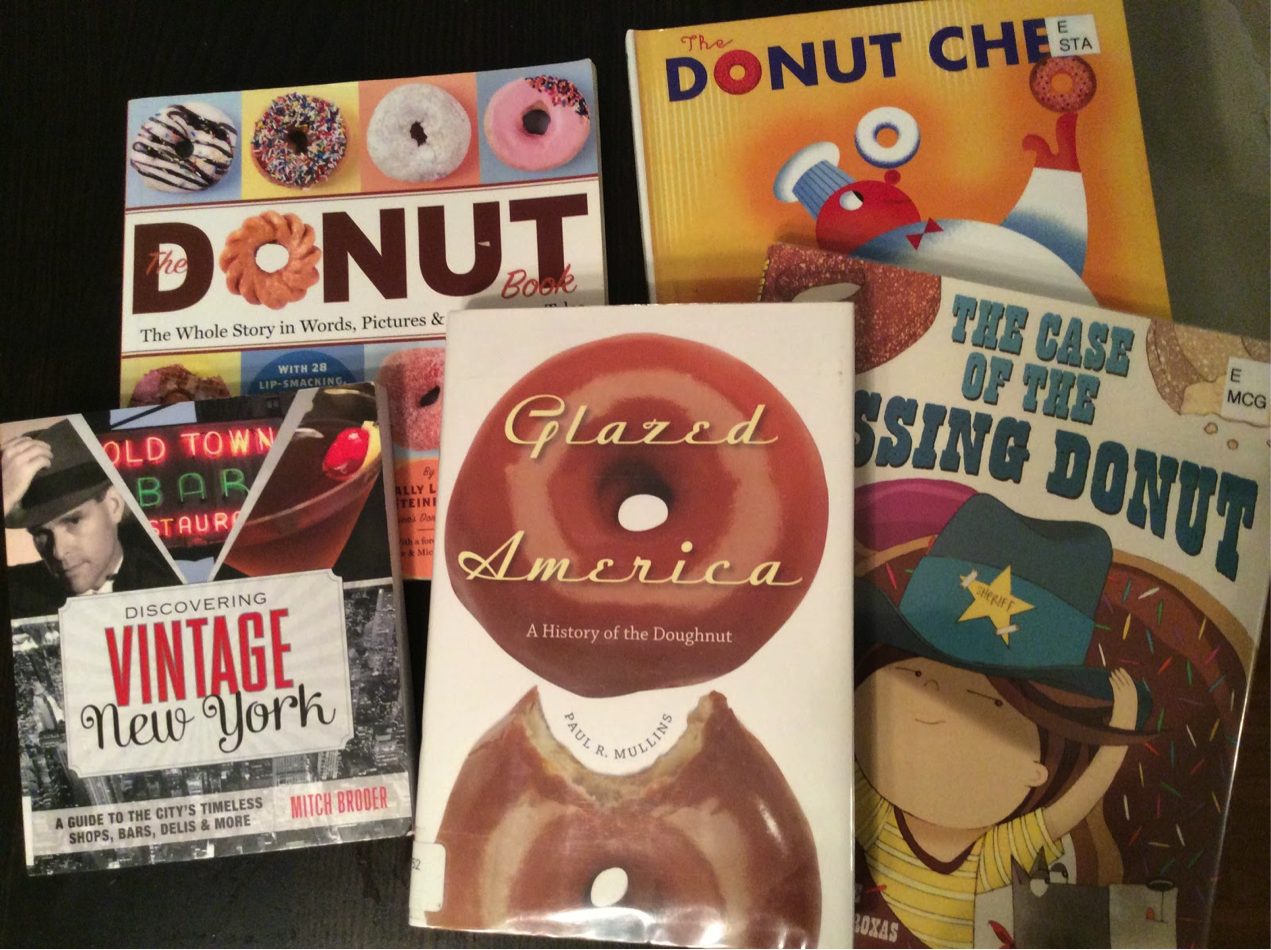
Mentor Texts for Writers: Anything Can Be a Mentor Text by Jen Vincent
I have been following Jen’s blog for years. We both are teachers and writers and we both love mentor texts. I love that Jen gives us a glimpse into the various ways she uses mentor texts. Please be sure you visit Jen’s website where she is one of the Teachers Write hosts every summer.
I believe a mentor text is anything we can look to as an example of good writing. It can be a book, a poem, a quote, words on a Starbucks cup. I especially love how Ralph Fletcher defines mentor texts as, “…any texts that you can learn from, and every writer, no matter how skilled you are or how beginning you are, encounters and reads something that can lift and inform and infuse their own writing.”
The beauty is any text becomes a mentor text in the hands of a writer. In that sense, a mentor text is as unique as its reader. If it inspires your writing, it’s a mentor text. I find myself taking pictures of things that inspire me. My phone ends up being a virtual writer’s notebook, full of ideas, snapshots of things that inspire me…including quotes on walls and words on Starbucks cups.
Thinking of a mentor text this way, we might not even realize what we have read that has influenced us! There is a big shift; going from a reader and a consumer to a writer who finds inspiration all around takes practice. The more I write, the more I pay attention to words and ideas all around me.
Depending on what I’m writing, I immerse myself as a reader in different formats or genres. When I’m doing research, I flood myself with every book I can find about a certain topic. I want to see what others have done so I can see how might story might fit in but also be different. I have a teeny seedling of an idea for a story about donuts so I checked out as many donut-related books as I could find from the library (I was surprised there weren’t that many!). In these mentor texts, I was looking for big picture ideas and themes.
Last year, I wrote a fiction picture book inspired by my sons. I compare it to a blend of Ninja! by Arree Chung and Must. Push. Buttons! by Jason Good so naturally I had to reread those books and others with a similar feeling. I paid attention to the pacing, how the author introduced the main character, and how the words worked with the illustrations.
When I worked on a non-fiction picture book biography earlier this year, I reread lots of my favorites in the same genre like The Right Word by Jen Bryant and Balloons Over Broadway by Melissa Sweet. At the same time, I also read some fiction picture books I love to see if any ideas there might transfer over into my non-fiction picture book. I love the word choice in Velma Gratch and the Way Cool Butterfly so it was one I looked at as a mentor text.
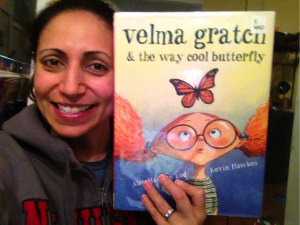
I’m a fan of descriptive writing and I love studying beautiful writing and admiring how authors use words to bring ideas to life for readers. With students, I love to share a piece of text and ask them read it a few times and think about what stands out to them. What I love about an excerpt might be very different from what someone else likes. Taking time to relish in great writing helps me realize what the author has done that I might like to try in my own writing.
For my YA novels, I adore Jenny Han’s writing as a mentor text but I also read lots of contemporary young adult and pay attention to how the authors bring characters to life, characters’ story arcs, and how the protagonists interact with the antagonists. What I notice about Jenny Han’s writing in To All The Boys I’ve Loved Before is that her writing is so concise. She packs a lot of information and background knowledge into the first few pages. It’s amazing and very well done.
Like I said, anything can be a mentor text. If it stands out to me, I usually take a picture of it so I can refer to it later. Oftentimes, what stands out to me is something I’m grappling with. This is from the back cover of Lost In The Sun by Lisa Graff. I love the alliteration and the way words are matched together so I snapped a picture.
In his book Steal Like An Artist, Austin Kleon talks about how nothing is original. Everyone is just taking bits and pieces of what others have done and creating something new. It’s nice to think that authors who have come before me are my mentors. When I think I might be stuck or I’m not sure how to start a story, I know I can always look at what others have done and see if they have an idea I might try in my own writing. All that matters is the words influence me and I’ve got a mentor text.
Jen Vincent is a Technology Integration Specialist for Mundelein School District 75 in Mundelein, Illinois. As a writer, blogger, and educator, she strives to model and inspire others to live a growth mindset in everything she does. Her passion is connecting people and ideas and believes in the power of being a connected educator to impact teaching and learning. Jen hosts Sunday Check-Ins for Teachers Write, co-hosts the kidlit It’s Monday! What Are You Reading? meme, and blogs at teachmentortexts.com. She can be found on twitter at @mentortexts and her website is jenvincentwrites.com.
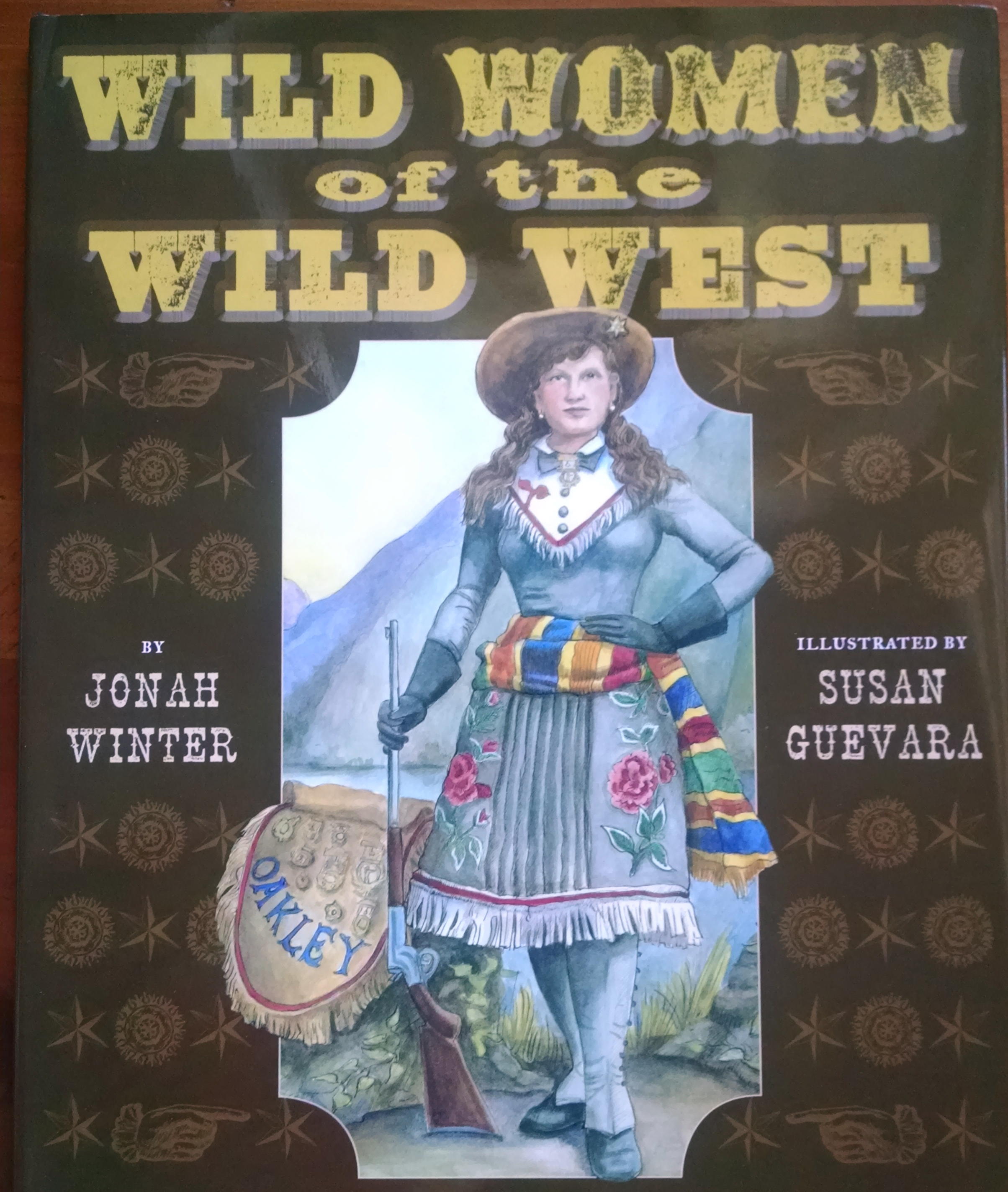
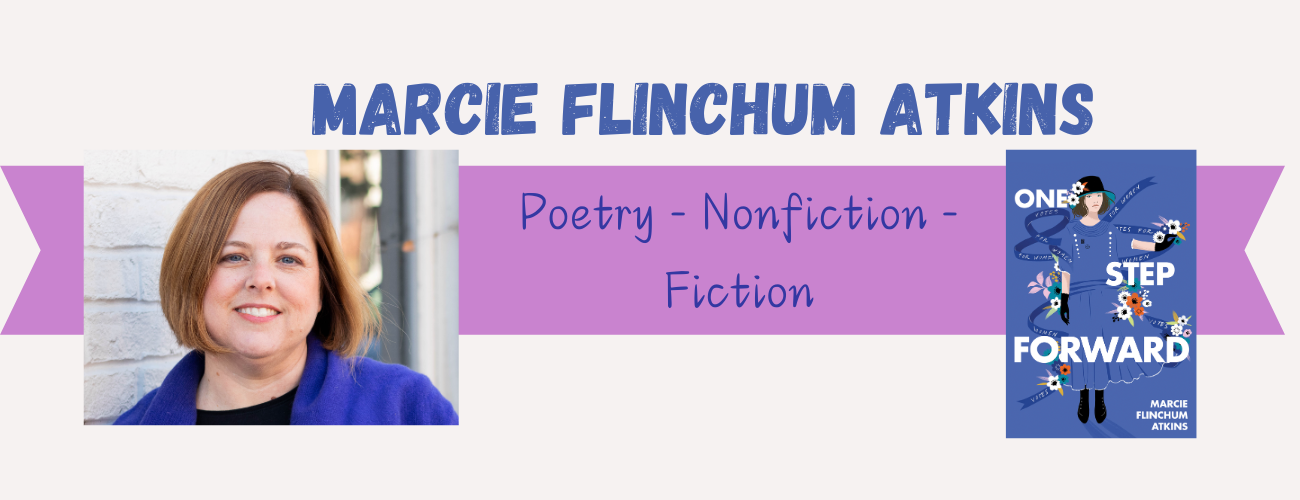
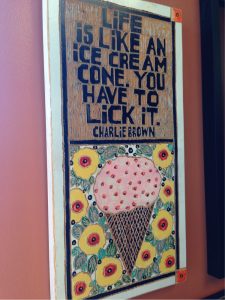
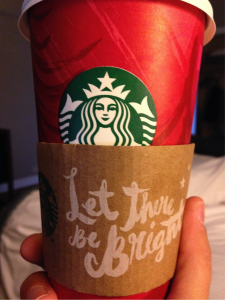
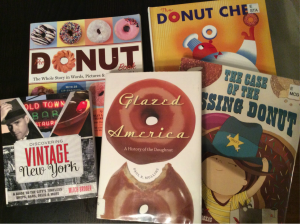
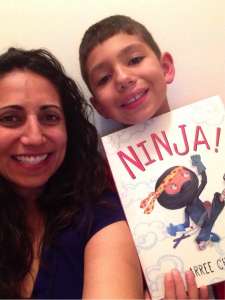
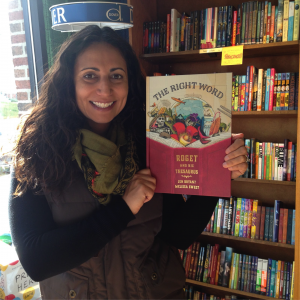
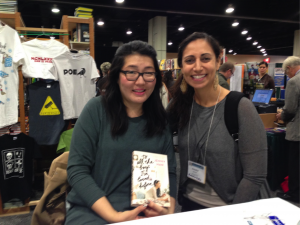
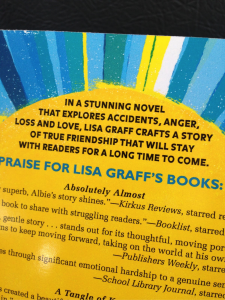

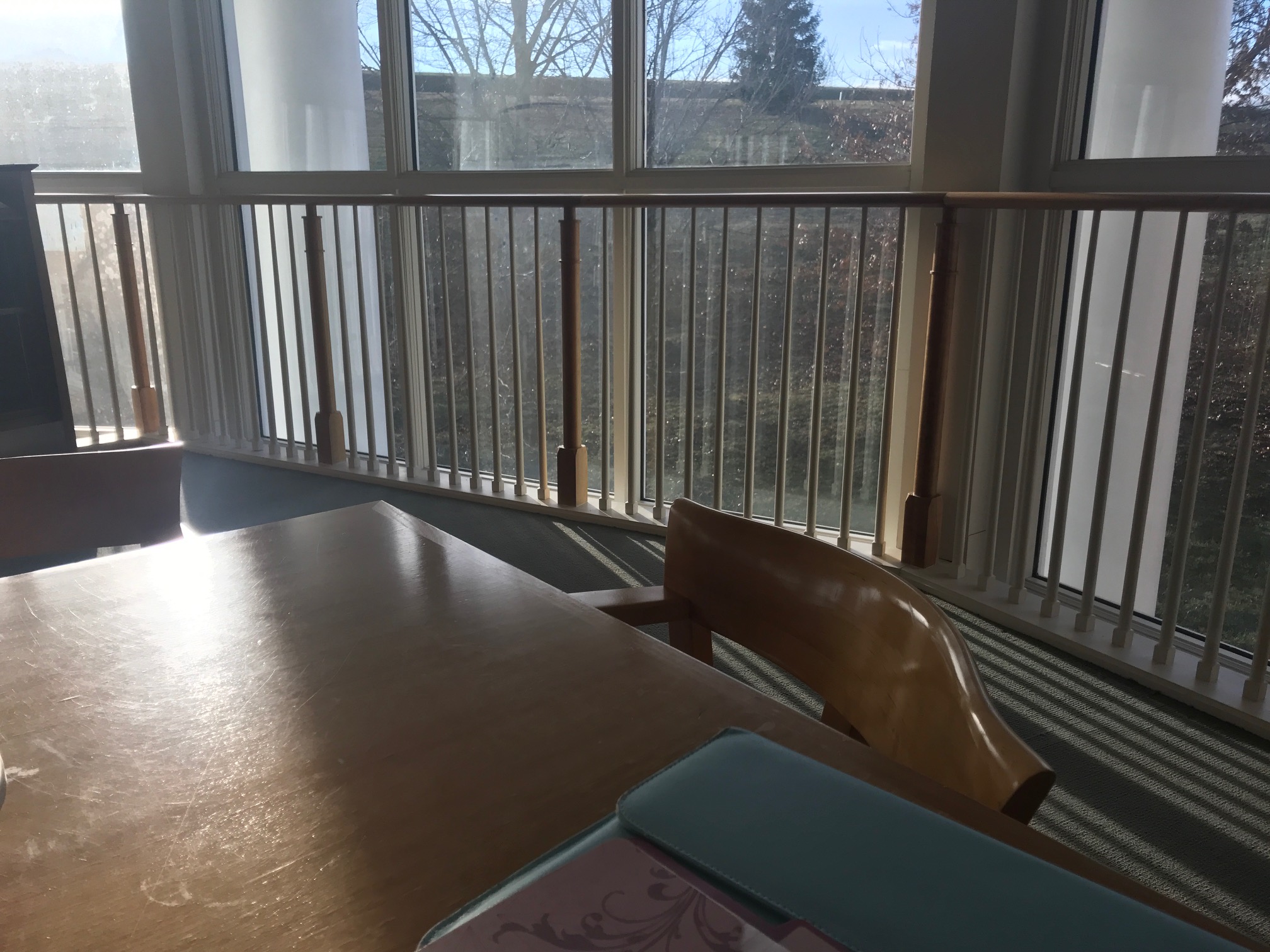
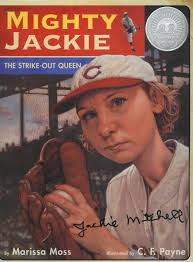

One Comment
Carrie Charley Brown
I agree! We can even learn from the icky stuff b/c we automatically think about what could be done to make it better. It all helps us grow!